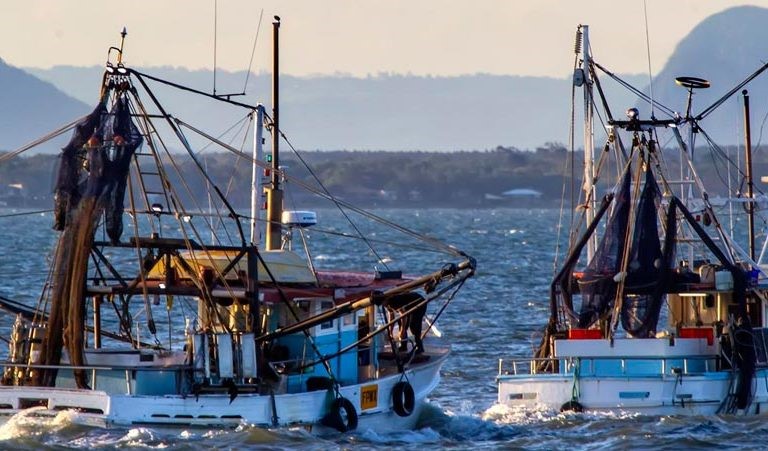- From the analysis of the presence of the main concepts related to fishing in books of the last 150 years, a decrease in the use of most of the fishing terms is observed
- The decrease in the use of concepts such as overfishing is especially relevant because the problem continues and poses a serious risk to the marine ecosystem
- There is growing interest in the concepts that relate climate change to the marine environment, even though its presence in Spanish literature is still lower than in English
Public interest in topics evolves over time. In the new report “Are we watching the fisheries seaset?” from the ENT Foundation we analyse how the use of the main concepts related to fishing has evolved in the last 150 years in English and Spanish literature.
To do this, we have analysed the use of more than twenty key concepts using the N-Google Books Ngram Viewer tool, an online search engine that displays the frequencies of any set of search strings using an annual count of n-grams, which draws on sources printed between 1800 and 2019 in a corpus of text in English, Chinese, French, German, Hebrew, Italian, Russian or Spanish of more than 5 million books. It is a tool that is increasingly used in social research due to its easy access, analysis, and the large amount of information available.
MAIN CONCLUSIONS
The analysis shows a decreasing use of most of the terms related to fishing in books in both Spanish and English.
The decrease in the use of fishing concepts is relevant for stakeholders in fishing, since it can lead to a decrease in public interest in the medium term, which can also lead to a decrease in interest of public administrations in a context where it is necessary to carry out a fishing transition towards a more sustainable means of capture.
The decrease in the use of concepts such as “overfishing” is especially relevant because it has happened even though, according to the scientific information available, the problem is far from being solved.
On the other hand, the concepts that relate climate change to the marine environment are gaining strength and, in fact, have already outgrown those specific to fishing.
Overfishing continues to be a term more used than other marine issues such as illegal, unregulated, or unregistered fishing, marine biodiversity, or marine debris, all of which are increasing their presence (or recovering from descending trends in some cases).
Finally, it is interesting to note that some differences can be found between Spanish and English literature. The research suggests that the concepts that link climate change and the marine environment in Spanish literature still have a level of lower relative presence than the presence in English literature.
LIMITS
This analysis should be considered as a preliminary analysis of long-term narrative trends and does not include possible changes that occurred after 2019, that is, for example, due to the Covid crisis, if they have occurred.
A more in-depth analysis of the trends detected could include the use of other sources of information (for example, those related to the internet, or newspapers) or regional approaches that may also be relevant to understand certain trends at a local level, as well as the realization of various statistical analyses using the available corpus.
More information: Miquel Ortega mortega@ent.cat


